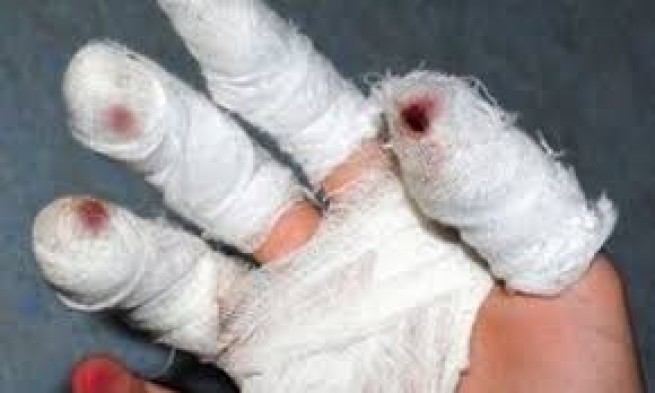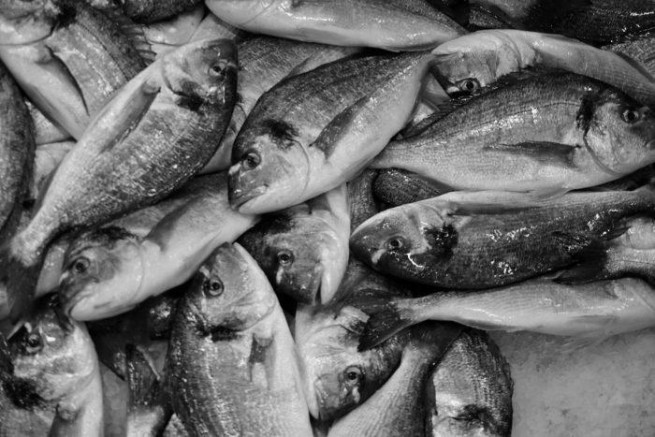Due to the large-scale flooding that occurred in Thessaly in mid-September of this year, citizens believe that “the sea is polluted,” including with cadaveric poison. And they don’t buy fish, because toxins can accumulate in it.
Despite the fact that fishermen and fishmongers in Thessaloniki explain that product checks carried out regularly in the Central Macedonia region have shown that there are no problems with water pollution, consumers turn their nose up at seafood.
“We are in a very difficult situation. People have seen some images of a dead cow in Thermaikos and everything that ended up in the sea after the flood, and they are afraid to buy fish,” emphasizes Yiannis Maritsas, president of the local fishing cooperative “Agia Paraskevi” in an interview with the Athens-Macedonian News Agency. .
“One drowned cow cannot infect the entire Thermaikos Gulf. Thousands of tons of fish die here every day and are born, and nothing! The sea is not polluted like that!” says Mr. Maritsas.
“The decline in fishermen’s turnover is more than 50% per year when there is less fish and, surprisingly, prices are 25-30% lower than last year,” he notes. – Prices have decreased mainly for cod, flounder and shrimp. For example, cod used to cost between 10 and 11 euros, but now we sell it for 7 and 8 euros per kilogram.”
“People stopped buying fish. Fear of poisoning. People, unintentionally and unintentionally, at some point began to say that the seas are polluted, that the fish are poisoned, and you understand that a very serious problem was created with this misinformation,” the man points out.
For his part, the President of the Association of Fish Traders of Northern Greece, Yiannis Terioudakis, also expressed his opinion. “The competent services took samples of sea water in the fishing areas, and the results were satisfactory. The drop in sales is more than 50%, and the price reduction is more than 30–40%. This results in a 50% reduction in income for everyone working in this area,” notes Mr. Theriodakis.
According to statistics, the Greek consumer trusts Greek products by 75-80%, in contrast to the European, who trusts their local products by 35-40%, explains Mr. Theriodakis, in the fish trade “we were at a good level and we need to return to normal market prices.” “We ask the state to provide us with financial support to compensate for losses,” emphasizes Mr. Maritsas.







More Stories
Robot Sophia commented on her fall from the steps in Thessaloniki
Impressive "missile war" in Vrontado on Chios
Public transport traffic in Athens on Easter weekend